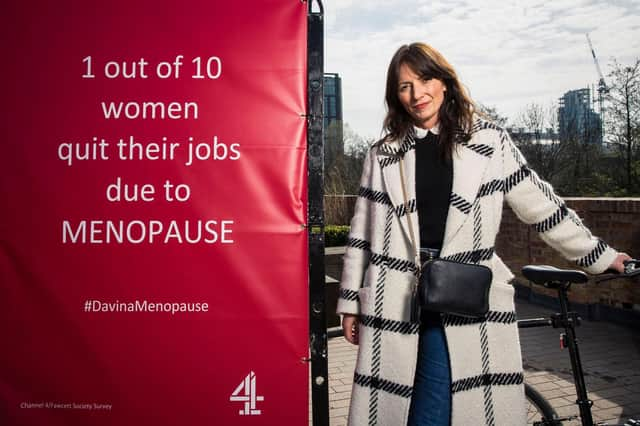The menopause debate is getting louder - Noele McClelland


Although menopause is not yet a protected characteristic under the Equality Act, there is increasing pressure for that to change. In the meantime, the fact menopause is a condition that affects women, means other provisions of the 2010 Act can be used to argue and guard against discrimination on the grounds of sex. Arguably, the provisions around age and even disability could also be used - with a little creativity. On that basis, employers need to be sensitive to the issue to avoid getting into legal difficulties, however unwittingly. Perhaps more importantly, it’s also the right thing to do.
While many employers already make allowances for those impacted by symptoms of the menopause, any obvious legal imperative to do so is not yet front and centre. There isn’t the same statutory obligation to make adjustments to working arrangements or the physical environment at work, that are relevant to disabled employees. Whichever way you look at it, the law as it currently stands isn’t where it needs to be for working women.
Advertisement
Hide AdAdvertisement
Hide AdThis needs to be addressed for two reasons. Firstly, as women aged 45-55 are the fastest-growing working age demographic in the country, the menopause is a major point of contention for many. Secondly, menopause is becoming much more widely discussed within society and is being increasingly recognised by the medical profession as a significant issue that can be debilitating, in some cases over many years.


A survey conducted in 2019 by BUPA and the Chartered Institute for Personnel and Development estimated almost 900,000 women in the UK left jobs in recent years because of menopausal symptoms. In many cases, these women will have been at the very peak of their capability and experience. We can only speculate what economic impact that loss may have had and also whether their departures were avoidable.
Research from the Fawcett Society has shown one in ten women are forced to quit their job due to the severity of their symptoms. It also found 14 per cent of women had reduced their hours at work, 14 per cent had gone part-time, and eight per cent had not applied for promotion because of concerns about their menopause experience.
A significant proportion of the country’s workforce are leaving because there is insufficient support to help them during menopause. Unsurprisingly, the problem is most acute within professions with a higher proportion of females, such as health care and teaching.
With these issues in mind, the Parliamentary Select Committee on Women and Equalities has been reviewing the current state of the law and launched an inquiry to consider whether more could be done. It has been considering whether the Equality Act remains fit for purpose. Up for debate is whether to include menopause as a protected characteristic in its own right which if enacted, would inevitably put pressure on employers to create and adhere to proper policies and for government to provide clearer guidance.
A woman is affected by menopause symptoms through no fault of her own and campaigners argue having it included within the Equality Act in this way would ensure women no longer suffer in silence.
In practical terms, change would ensure employers consider the implications of the menopause and create an environment where colleagues are not negatively affected. This could include allowing greater flexibility around dress codes, facilitating easier access to toilet facilities and comfort breaks, allowing occasional work from home days and generally recognising that symptoms can be uncomfortable, distracting and can adversely affect work performance.
In much the same way that the traditional stigma around mental health has begun to lift in recent years, those impacted by the menopause could feel more confident about raising the issue with colleagues and managers, if they feel the need to.
Advertisement
Hide AdAdvertisement
Hide AdThe most recent statement of intended policy within the Queen’s speech has left many disappointed with the current government’s commitment to positive change within some areas of employment law. Nevertheless, there is clearly a need for change in this important area and the debate shows no sign of getting any quieter.
Noele McClelland is a Partner at Thorntons